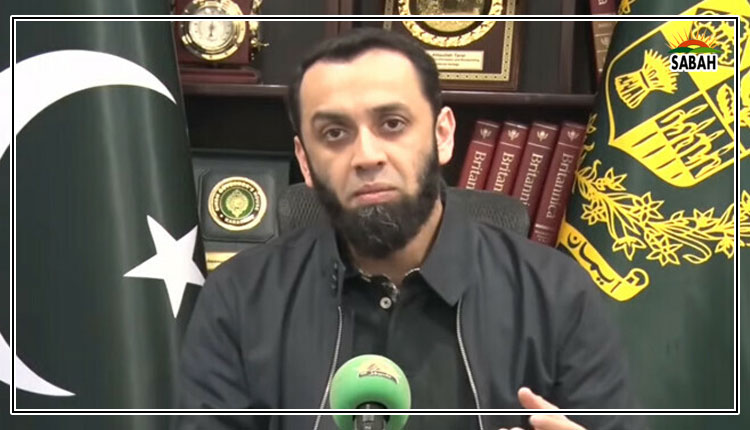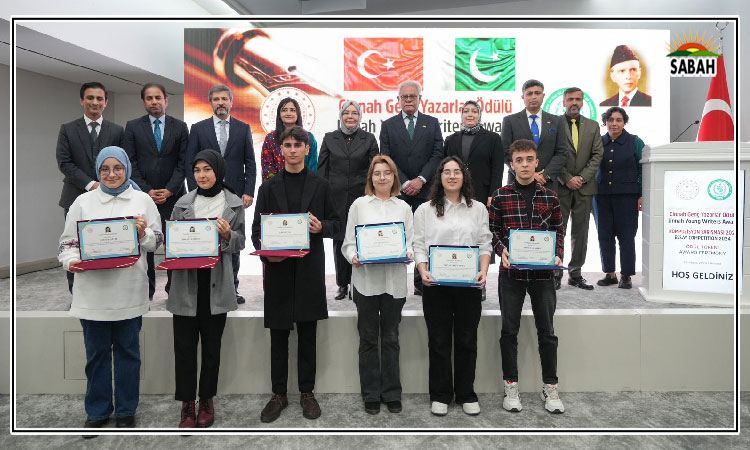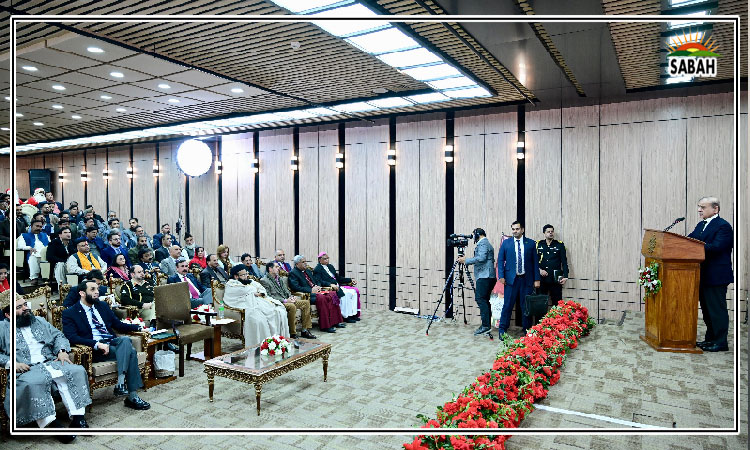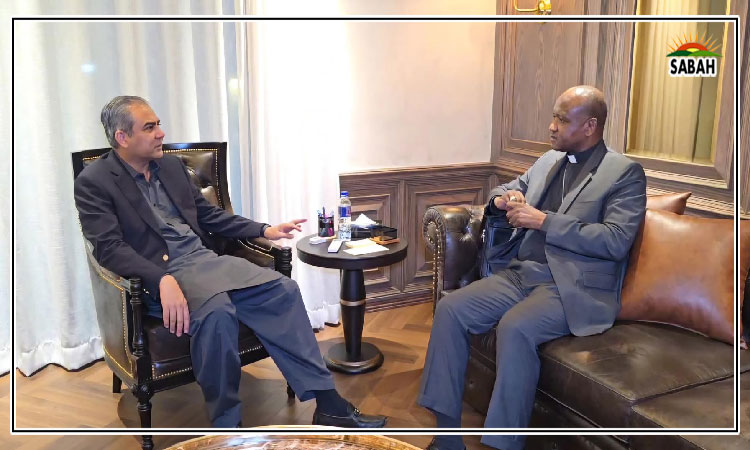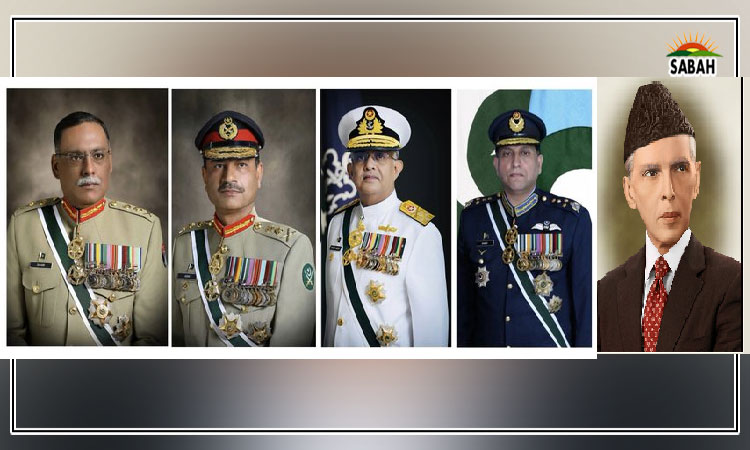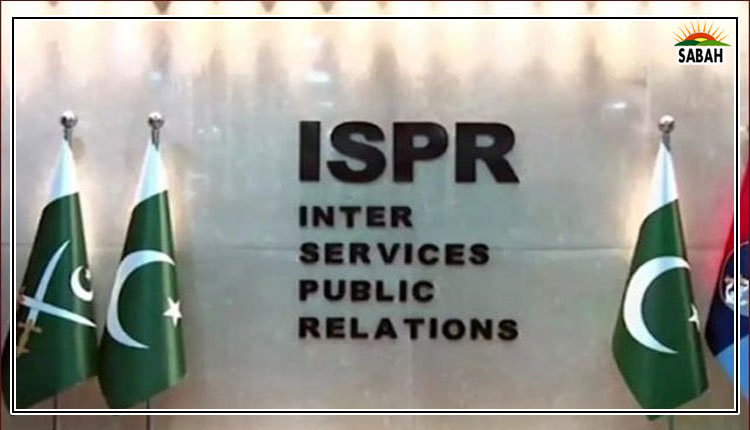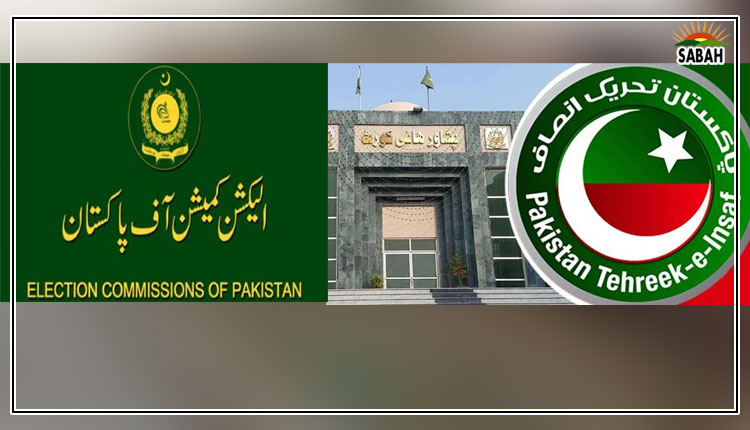Peshawar High Court restores ECP’s 22nd December order revoking the party’s ‘bat’ electoral symbol
PESHAWAR, Jan 03 (SABAH): The Peshawar High Court (PHC) on Wednesday restored the Election Commission of Pakistan’s December 22 order, which had deemed the PTI’s intra-party polls “unconstitutional” and revoked the party’s iconic ‘bat’ electoral symbol.
The verdict, reserved earlier in the day, was announced by Justice Ejaz Khan on ECP’s review petitions.
On December 22, the ECP had decided against letting PTI retain its electoral symbol for the February 8 general election, saying that the party had failed to hold intra-party polls — which saw Barrister Gohar Khan becoming the PTI chairman — in accordance with its prevailing constitution and election laws.
Subsequently, the PTI had approached the PHC. Last week, the court had suspended the ECP’s declaration of the PTI’s intra-party polls as unconstitutional as well as the subsequent revocation of the ‘bat’ symbol. It had also noted that general elections were scheduled for February 8 and the last date for allotment of election symbols was January 13.
On Saturday, the electoral watchdog had filed a review petition in the PHC. At the previous hearing, ECP lawyers argued that the court had overstepped its jurisdiction by suspending the commission’s declaration on PTI’s intra-party polls and the subsequent revocation of its election symbol.
At the outset of the hearing on Wednesday, presided over by Justice Ejaz Khan, ECP counsel Sikandar Basheer Mohmand and PTI lawyers Qazi Muhammad Anwar and Shah Faisal Uthmankhel appeared in court.
PTI counsel Qazi Anwar stated that the ECP was not a judicial institution, adding that seeking court intervention for or against its own verdict constituted contempt of court.
He explained his absence in court on Tuesday, citing delays caused by security personnel stopping his vehicle at four different points. Anwar reflected on the changed circumstances on Wednesday, stating, “During the tenures of Gen Ziaul Haq and Gen Pervez Musharraf, no one bothered my family, but I cannot say the same about the current situation.”
Justice Khan said the court had nothing to do with what was happening outside the court.
The PTI counsel inquired about the ECP’s authority to challenge a high court order. He pointed out that the ECP had not yet issued a certificate for PTI’s intra-party polls and expressed concern about the approaching deadline of January 9.
Anwar further questioned the ECP, seeking an explanation for the rejection of nomination papers for PTI candidates. In response, the judge affirmed, “We will ask them [the commission] about it.”
Anwar went on to claim that all parties, except the PPP, hatched a conspiracy to keep the PTI out of the electoral battle. He further asserted that the Constitution mandated free and fair elections.
For his part, the ECP lawyer noted that the PTI had secured a stay order against the commission’s verdict. “We have the authority to file a writ,” he said.
He clarified that the ECP did not delist any party, adding that while the PTI remained a listed party, it failed to conduct elections in accordance with the rules.
Explaining the decision to nullify the intra-party polls, the ECP counsel informed the court that the polls were declared null and void because “they were not according to the Constitution”. After listening to the arguments, the court reserved its verdict.
ECP’s counsel, Mohsin Kamran Siddique, had filed two applications in the high court.
In one application, the ECP requested the high court to accept its plea and recall the interim relief granted to the petitioners (PTI leaders) by a single-member bench on Dec 26. In the other, the commission has sought the formation of a two-member special bench to hear the matter.
It argued that the writ petition of the PTI came up for hearing before the high court on Dec 26 and the court passed an interim order without issuing notice to the ECP.
“The petitioners have sought interim relief for the suspension of the order of the commission dated Dec 22, 2023, as well as for publication of intra-party polls certificate on the commission’s website along with restoration of party symbol (bat). That the interim order referred herein above, in fact, decides the whole writ petition which amounts to granting of final relief,” the ECP said.
“That under Article 199 of the Constitution of the Islamic Republic of Pakistan, the High Court of a province is empowered to make an order directing a person performing within its territorial jurisdiction. The election symbol of the petitioner is to be allocated across the country, hence without conceding the impugned order, the same has prima facie been passed beyond the territorial jurisdiction of this Hon’ble Court,” it said.
The ECP also argued that issues raised in the PTI’s writ petition were exclusively within the commission’s purview and generally not subject to judicial review under Article 199.
“Even otherwise it is settled law that disputed questions of facts cannot be resolved while exercising jurisdiction under Article 199 of the Constitution. The Constitution unambiguously vests the powers and jurisdiction in the commission to make factual determinations in regard to the subject matter of the writ petition,” the ECP added.



